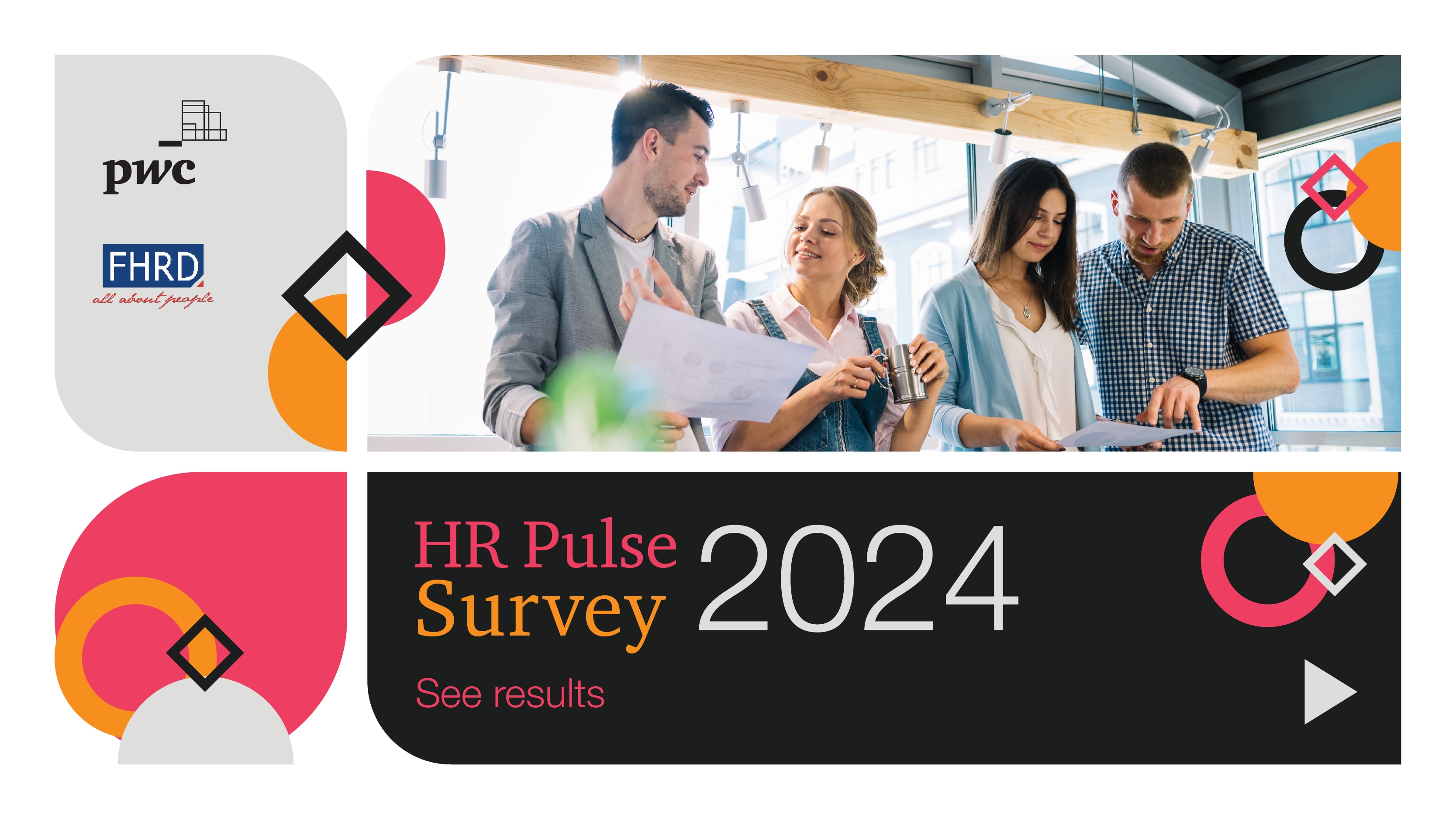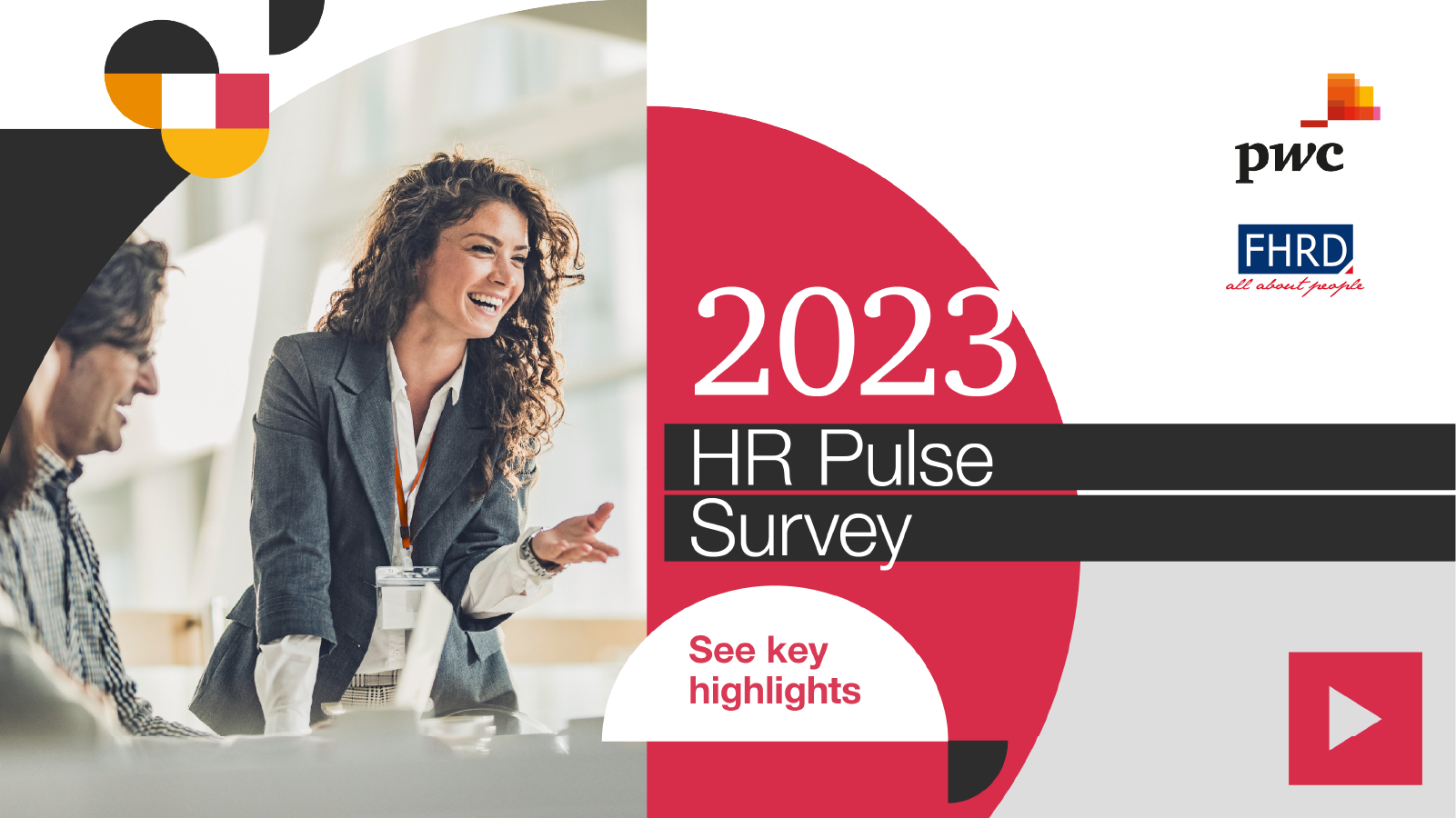Key Insights

Difficulty in attracting the right talent (85%), skills availability to drive growth (79%), and employee retention (70%).

85% of respondents believe L&D is crucial for achieving strategic goals, yet most employees spend only 1-2 hours per month on L&D.

Enhanced employee engagement (77%), increased productivity (68%), and improved skills (66%).

9% of participants use technology-enabled L&D approaches, with 33% exploring or implementing AI for personalised training and curriculum design.

Coaching and mentoring (69%) and skills-based talent management (49%) are widely adopted. On-the-job practice (92%) and peer-to-peer learning (83%) are the most effective training methods.

Time (45%), resource constraints (43%), and budget constraints (43%) are key obstacles, but modern methods like on-the-job practice help mitigate these issues.
2023 HR Pulse Survey
The ninth edition of the Malta HR Pulse Survey focused on key areas such as workforce planning, 21st-century skills, human-technology synergy, and inclusive and sustainable practices. The survey, which gathered insights from 109 senior HR professionals, highlights emerging trends in the Maltese workplace. These trends can help organisations address current challenges and strategically plan for the future.
2024 HR Pulse Survey
2023 HR Pulse Survey
Reach out to us if you would like to discuss any parts of these reports and to better understand how to build and develop a workforce that’s excited and eager to turn your organisation’s vision into reality. To access a previously published report that is no longer listed on our website, fill in this form.
















